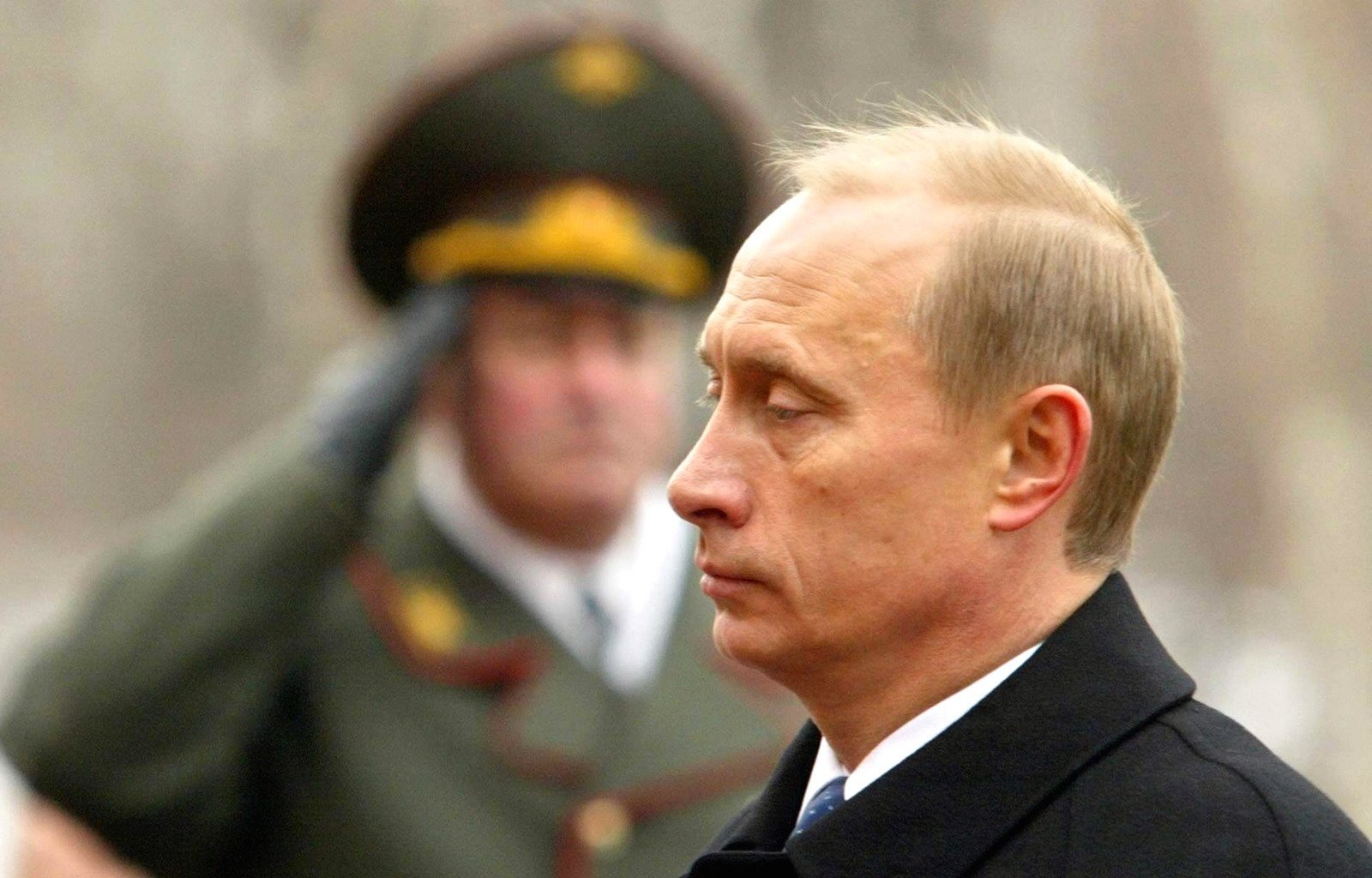
To understand what President Vladimir Putin may do in the future, the author of a new book on today’s Russia said Americans need to understand why and how he became a national hero by brutally suppressing separatists in Moscow’s second war in Chechnya.
David Satter, a former reporter for the Financial Times and fellow at the Johns Hopkins University School of Advanced International Studies, said, “Russia has become in recent years an aggressive state” in its actions aiding breakaway provinces in Georgia, seizing Crimea in 2014 and backing separatists in eastern Ukraine. The regime uses those actions to distract Russians from their own economic troubles.
He termed the Russian government’s treatment of a series of bombings in 1999 that brought Putin to power “the greatest political provocation since the burning of the Reichstag, establishing the regime we have to contend with in Ukraine” and elsewhere. Nazis set the Reichstag [parliament] fire in 1933, blamed it on their Communist opponents and set the stage for Adolf Hitler to assume emergency powers as German chancellor.
The Americans and Western Europeans who believed that Russia would be a partner in keeping peace and order in Europe after the breakup of the Soviet Union were mistaken. Instead, Moscow became increasingly dictatorial under President Boris Yeltsin and Putin, his hand-picked successor. The Western image of Russia “bore no relation to reality” of what happened in a country that had no solid economic program in place when the state-controlled system was being sold off.
Speaking Thursday at the Heritage Foundation, a Washington, D.C., think tank, the author of “The Less You Know, the Better You Sleep: Russia’s Road to Terror and Dictatorship under Yeltsin and Putin” traced the rise of the obscure head of the FSB, Russia’s internal security and counterintelligence service, to “avenging the perfidious attacks on citizens in their beds” following a series of apartment house bombings around Russia, including in Moscow.
At the time, the Yeltsin government blamed the bombings on the Chechens who in earlier fighting successfully seceded from Russia. Putin, named prime minister, was put in charge of bringing Chechnya back under Russian control. Both Yeltsin’s and Putin’s popularity were negligible then, and it was likely that they would not survive the 2000 election. Satter added Yeltsin and his family then could face criminal charges of corruption, Satter said.
As the fighting in Grozny, the Chechen capital, intensified, another bomb was discovered in the basement of an apartment house in a city about 30 miles from Moscow. Satter and others contend that the bomb, which did not explode, was placed by FSB provocateurs. Later FSB officials said it really was only a test of vigilance. Residents of the apartment house and the surrounding buildings who spent the night on the street “absolutely did not believe it was a test.” He said that when he later interviewed local police they laughed at the idea that it was a training exercise.
Nor did a number of Russian political figures and journalists, “who questioned what happened” and sought to discover who really set the explosives in the other bombings. At least four of whom were either gunned down or poisoned, and many more were arrested on charges of suspicion, Satter said.
“Putin had to emerge victorious” to succeed Yeltsin as president, a second defeat would have endangered the regime. The first Chechen war, in Satter’s view, was waged from 1994 to 1996 to distract the Russian people from their economic troubles. “It was neither small, nor victorious.”
Satter said the 2002 school and 2004 theater attacks in Russia that left hundreds more dead, again blamed on Chechens, were suspiciously similar to the apartment bombings as to who was truly behind them.
In light of the fighting in Ukraine and Moscow’s threats against Estonia, Latvia and Lithuania today, the American “people are more ready to listen” to the threats Russia poses and the steps Putin will take to retain power, he said.





